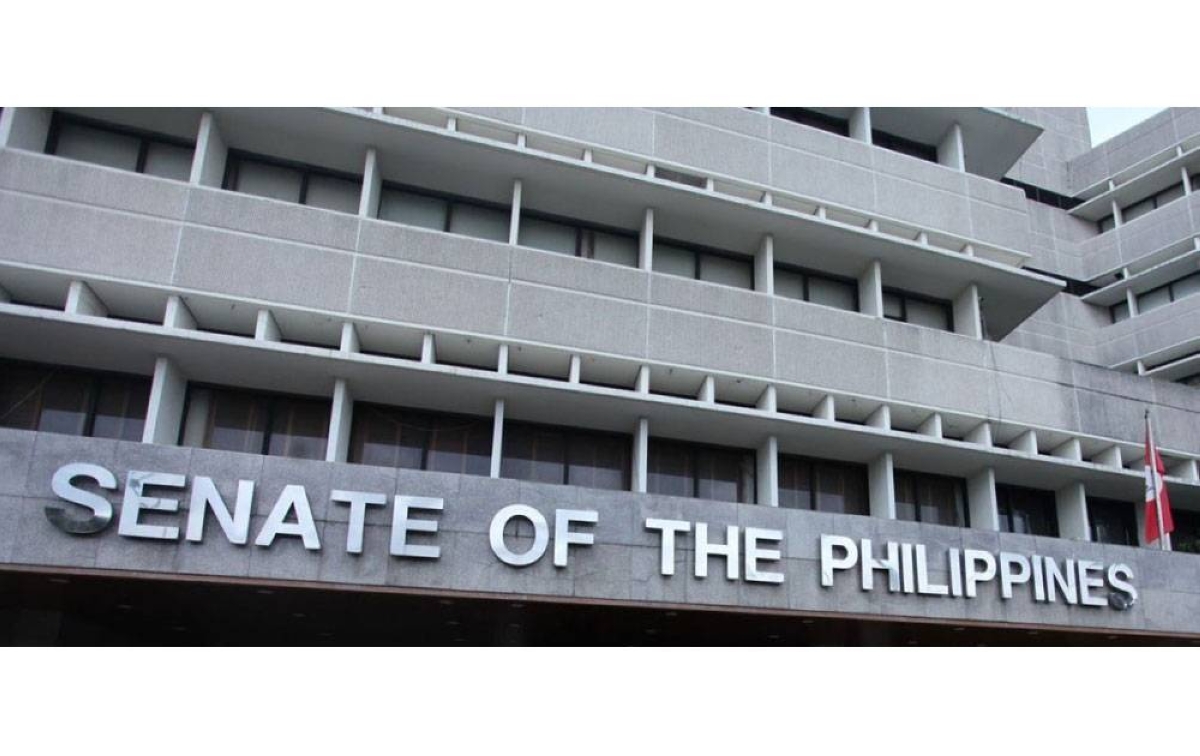The Senate of the Philippines has unanimously passed the Maritime Zones Bill on its third and final reading. This bill, also known as the Philippine Maritime Zones Act (PMZA), aims to solidify the country’s rights and entitlements over its maritime zones, including underwater features, for the benefit of Filipinos.
One of the key objectives of the PMZA is to protect the rights of Filipino fishermen in the West Philippine Sea (WPS) and ensure their access to the abundant resources in the area. Additionally, the bill addresses the untapped energy resources in the WPS, which are of strategic importance to the Philippines.
According to Senator Francis Tolentino, the chairman of the Senate Special Committee on Maritime and Admiralty Zones, the PMZA will serve as the cornerstone of the country’s maritime policy. It will safeguard the Philippines’ sovereignty and address its national security needs. By setting the archipelagic boundaries, internal waters, and exclusive economic zone (EEZ), the bill establishes the extent of the Philippine government’s sovereignty and jurisdiction.
The PMZA also highlights the Philippines’ sovereign rights and jurisdiction in the West Philippine Sea, including the Benham Rise, now officially known as Talampas ng Pilipinas. This recognition is crucial in asserting the country’s claims in accordance with international law, particularly the United Nations Convention on the Law of the Sea (Unclos).
The passage of the Maritime Zones Bill opens up opportunities for the Philippines to forge alliances with other countries under a rules-based international order. As stated by Senator Tolentino, this law will ensure that foreign states comply with the Philippines’ laws and regulations enacted in accordance with international law.
Professor Jay Batongbacal, the director of the UP Institute for Maritime Affairs and Law of the Sea, emphasizes that the enactment of the Maritime Zones law will oblige foreign states to ensure that their flag vessels adhere to Philippine laws and regulations. This provision reinforces the Philippines’ authority in its maritime domain and strengthens its position in territorial sea disputes.
Julio Amador 3rd, a senior advisor at Waypoints, describes the passage of the bill as a significant milestone in Philippine national policy, which has been in the making for 40 years. The Maritime Zones Bill represents a culmination of efforts to protect the country’s territorial integrity and assert its rights as an archipelagic state.
Senate Majority Leader Emmanuel Joel Villanueva, who co-authored and co-sponsored the bill, affirms that the approval of the Maritime Zones Bill reinforces the Philippines’ legal, political, and diplomatic strategies in enforcing the rule of law in its maritime domain. He expresses gratitude to Senator Tolentino for accepting his amendments, particularly clarifying the acts penalized under the bill and specifying that only the high tide features of the Kalayaan Island Group in the WPS can generate a territorial sea under Unclos.
In addition to its impact on the West Philippine Sea, the passage of the Maritime Zones Bill has revived hope among Muslims for their claim to Sabah. Senator Robinhood Padilla acknowledges the significance of this development, stating that it resonates with the aspirations of Muslims in the Philippines.
In conclusion, the passage of the Maritime Zones Bill by the Senate of the Philippines marks a significant step in bolstering the country’s claim in territorial sea disputes. This legislation not only protects the rights of Filipino fishermen and harnesses the untapped energy resources in the West Philippine Sea but also solidifies the Philippines’ sovereignty and jurisdiction in its maritime zones. With the enactment of this law, the Philippines can assert its position in accordance with international law and forge alliances with other countries, thereby safeguarding its national security and interests for future generations of Filipinos.







